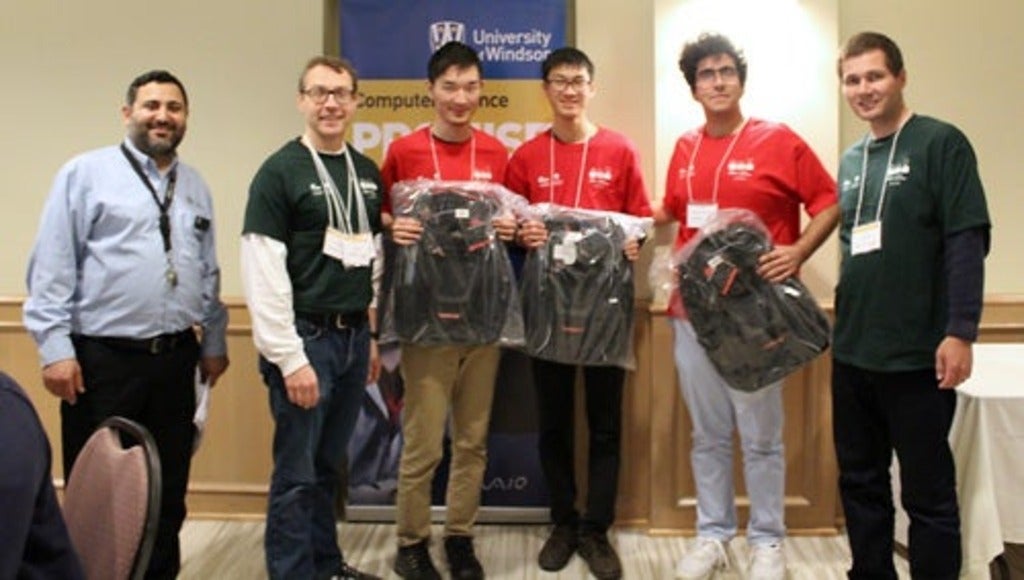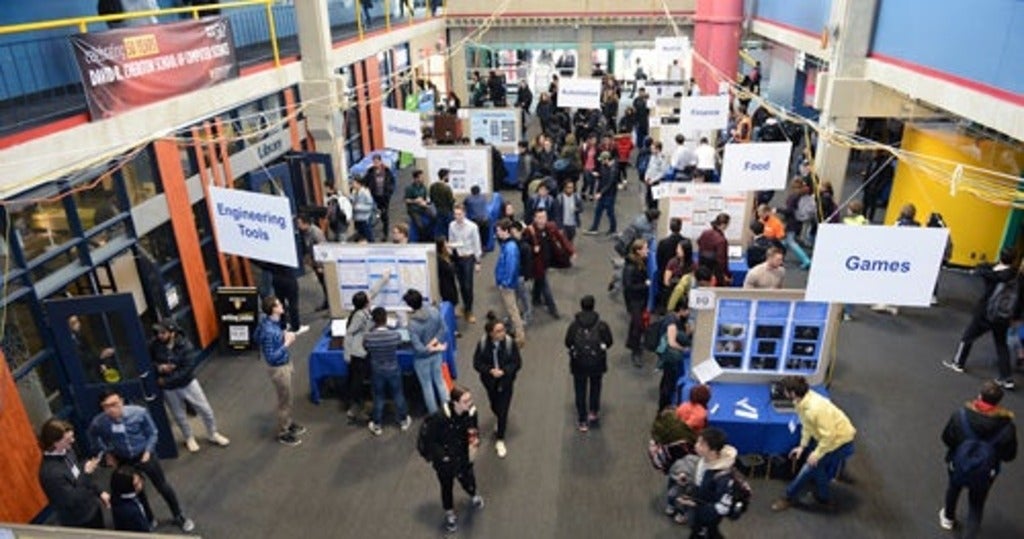Computer science student Shivam Sharma, creator of Reflect, wins Concept $5K pitch competition
The University of Waterloo’s first-ever virtual Concept $5K competition challenged entrepreneurs to pitch to an online audience instead of a packed auditorium. Confident in the value of their creation, the founders of Reflect rose to the occasion and walked away with $5,000 to invest in their growing business.









